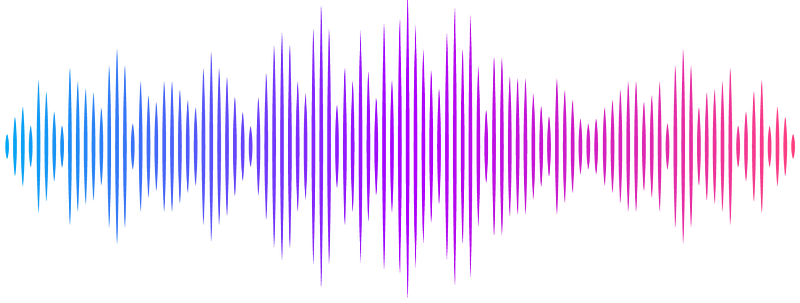Single-cell analysis of human diversity in circulating immune cells

Single-cell analysis of human diversity in circulating immune cells
Kock, K. H.; Tan, L. M.; Han, K. Y.; Ando, Y.; Jevapatarakul, D.; Chatterjee, A.; Lin, Q. X. X.; Buyamin, E. V.; Sonthalia, R.; Rajagopalan, D.; Tomofuji, Y.; Sankaran, S.; Park, M.-S.; Abe, M.; Chantaraamporn, J.; Furukawa, S.; Ghosh, S.; Inoue, G.; Kojima, M.; Kouno, T.; Lim, J.; Myouzen, K.; Nguantad, S.; Oh, J.-M.; Rayan, N. A.; Sarkar, S.; Suzuki, A.; Thungsatianpun, N.; Venkatesh, P. N.; Moody, J.; Nakano, M.; Chen, Z.; Tian, C.; Zhang, Y.; Tong, Y.; Tan, C. T. Y.; Tizazu, A. M.; SG10K_Health Consortium, ; Loh, M.; Hwang, Y. Y.; Ho, R. C.; Larbi, A.; Ng, T. P.; Won, H.-H.; Wright, F. A.
AbstractLack of diversity and proportionate representation in genomics datasets and databases contributes to inequity in healthcare outcomes globally. The relationships of human diversity with biological and biomedical phenotypes are pervasive, yet remain understudied, particularly in a single-cell genomics context. Here we present the Asian Immune Diversity Atlas (AIDA), a multi-national single-cell RNA-sequencing (scRNA-seq) healthy reference atlas of human immune cells. AIDA comprises 1,265,624 circulating immune cells from 619 healthy donors and 6 controls, spanning 7 population groups across 5 countries. AIDA is one of the largest healthy blood datasets in terms of number of cells, and also the most diverse in terms of number of population groups. Though population groups are frequently compared at the continental level, we identified a pervasive impact of sub-continental diversity on cellular and molecular properties of immune cells. These included cell populations and genes implicated in disease risk and pathogenesis as well as those relevant for diagnostics. We detected single-cell signatures of human diversity not apparent at the level of cell types, as well as modulation of the effects of age and sex by self-reported ethnicity. We discovered functional genetic variants influencing cell type-specific gene expression, including context-dependent effects, which were under-represented in analyses of non-Asian population groups, and which helped contextualise disease-associated variants. We validated our findings using multiple independent datasets and cohorts. AIDA provides fundamental insights into the relationships of human diversity with immune cell phenotypes, enables analyses of multi-ancestry disease datasets, and facilitates the development of precision medicine efforts in Asia and beyond.


